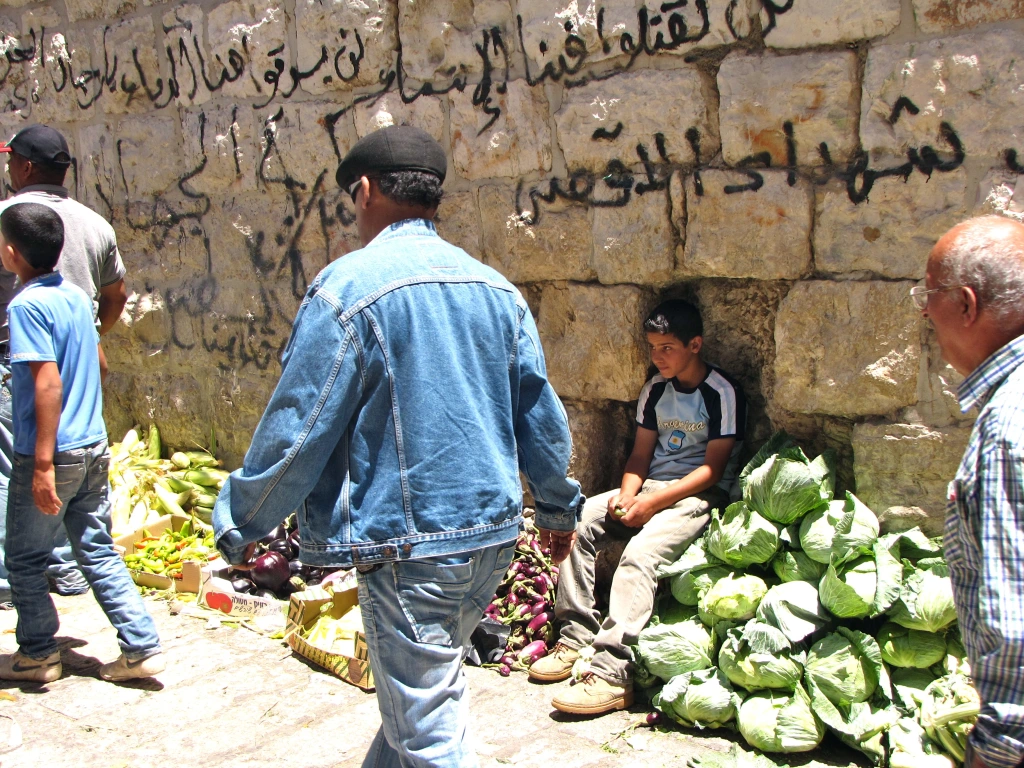Mayors in the Middle: Indirect Rule and Local Government in Occupied Palestine1

While under military rule and in the absence of sovereignty, what does self-government look like? Mayors in the Middle combines original, fine-grained data and rich, qualitative evidence to show how Israel’s regime of domination in the West Bank has shaped Palestinian politics at the local level. More broadly, this manuscript uses the West Bank — a territory, only slightly larger than the state of Delaware, that Israel has militarily occupied since 1967 but where, since 1994, it has delegated certain governing tasks to the Palestinian Authority (PA) — to develop a theory of how indirect rule shapes local governance within indigenous communities.
Existing comparative politics research sheds light on how both states and rebel movements can develop the core capacities to rule territory. However, protracted occupations and incomplete annexation projects can produce political actors that don’t fit neatly within the state-rebel dichotomy. Some contested territories — such as indirectly ruled parts of British colonial India, the forcibly separated homelands in South Africa and Namibia under Apartheid, and today’s occupied West Bank — have been subjected to a selective form of state control. In such settings, the dominant state exercises a disproportionate capacity for violence. However, other functions of governance are shared with, or foisted upon, local intermediaries. Using the West Bank as a motivating case, this manuscript develops a theory of the effects of such indirect rule regimes on local politics. I find that such regimes produce complex and nuanced relationships between indigenous politicians at the local level, with regime intermediaries and regime opponents often sharing close personal or professional connections. Nonetheless, I argue that local politicians representing intermediaries and opponents of the regime respond differently to the indirect rule setting and develop distinct approaches toward local governance. As other experiences with decolonization and state transformation have shown, the legacies of such regimes can be lasting, shaping political life long after questions of sovereignty are settled and even if so-called national liberation is achieved.
1 Forthcoming with Columbia University Press, spring 2024.